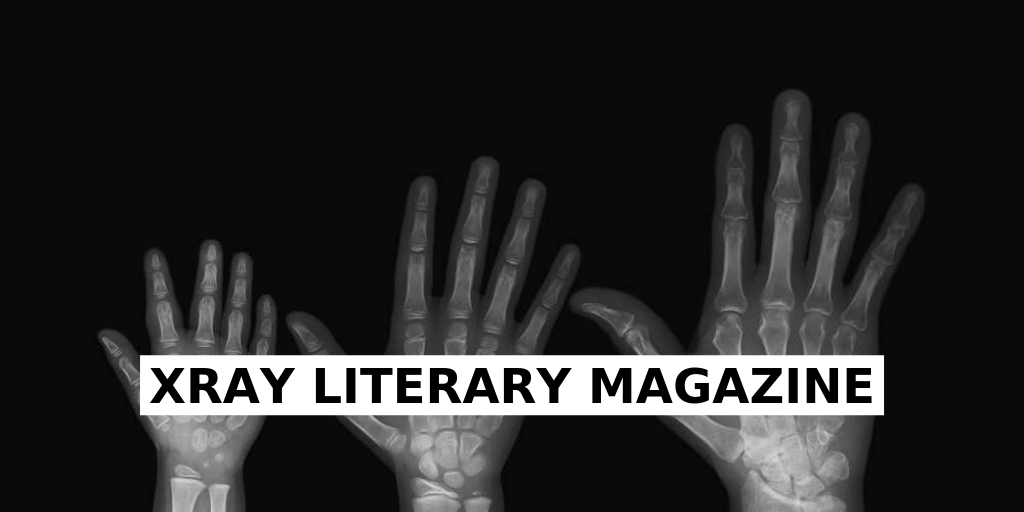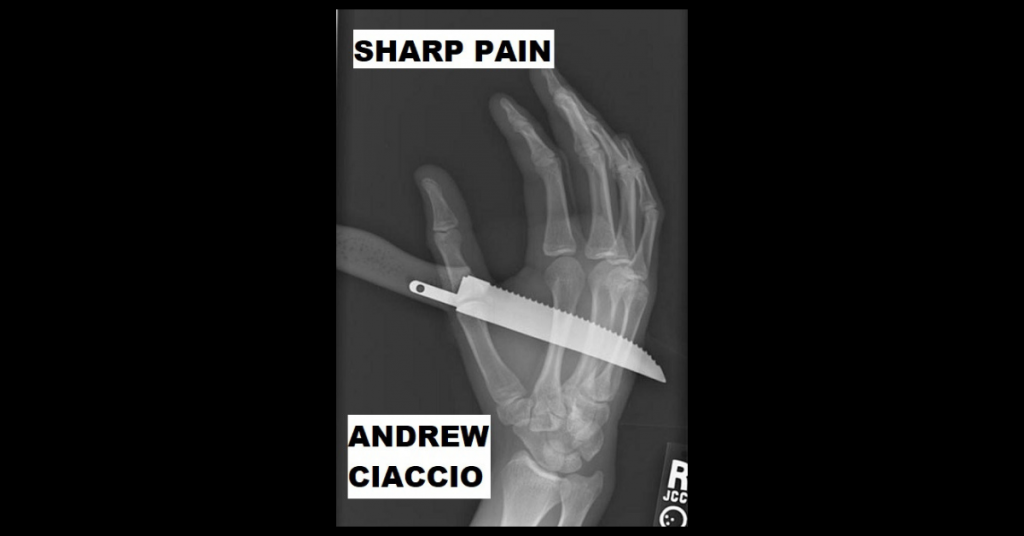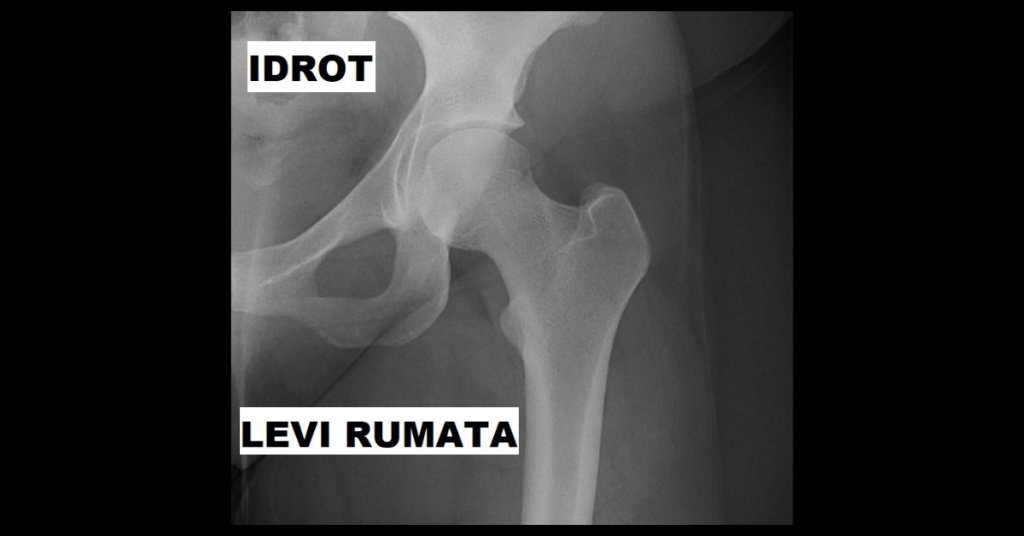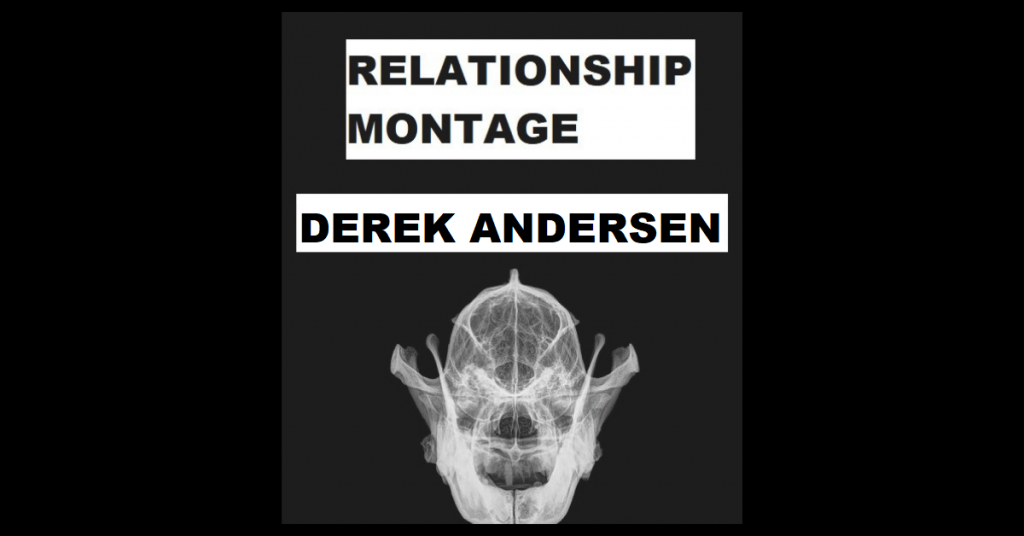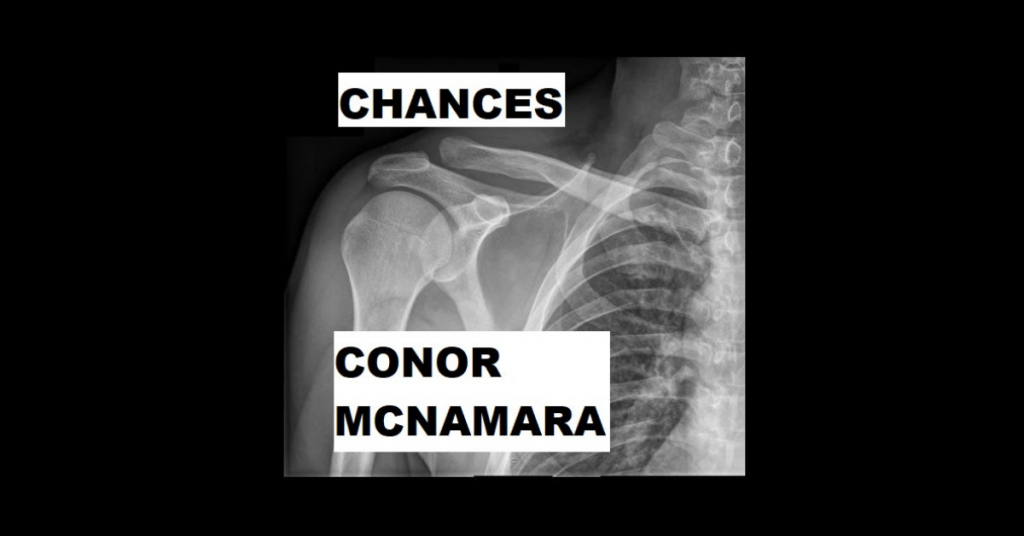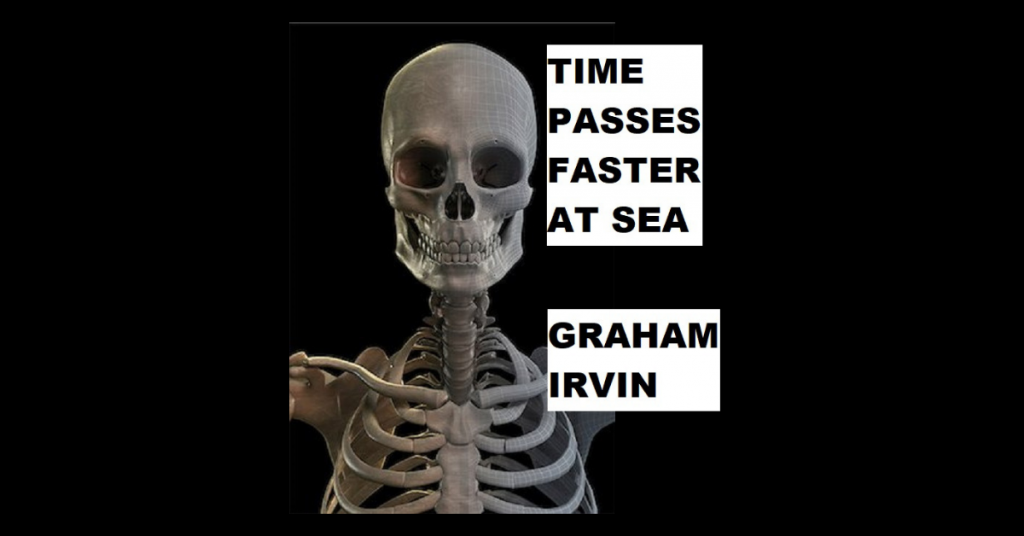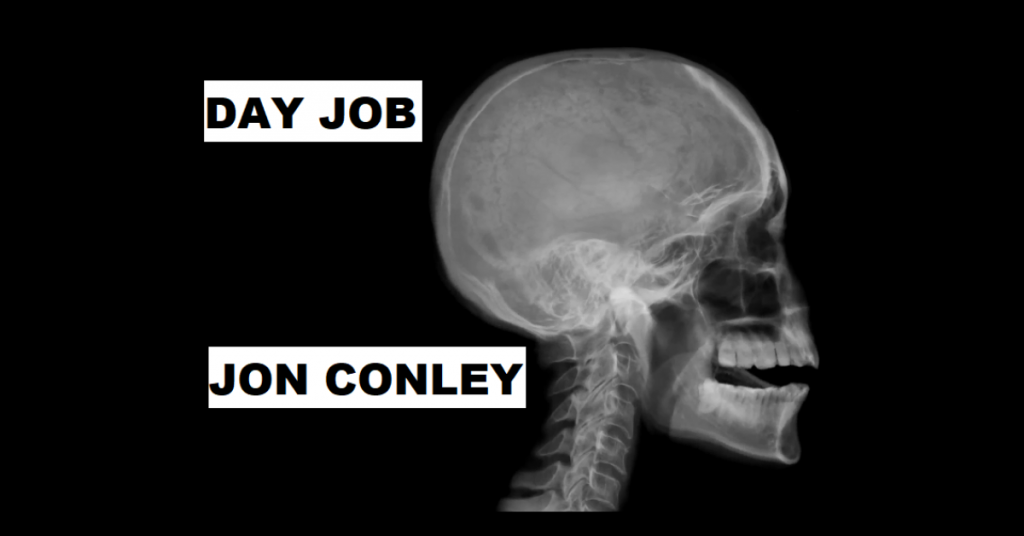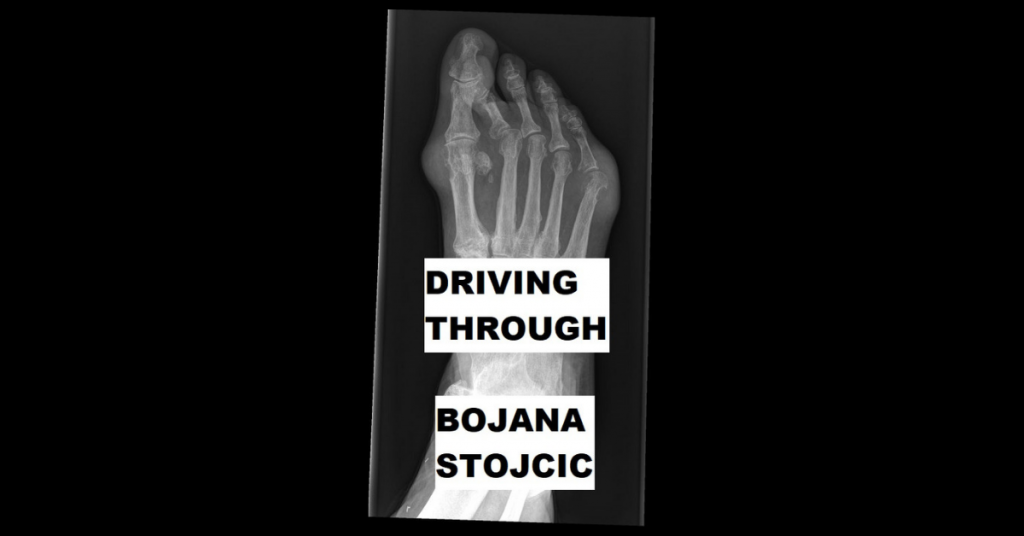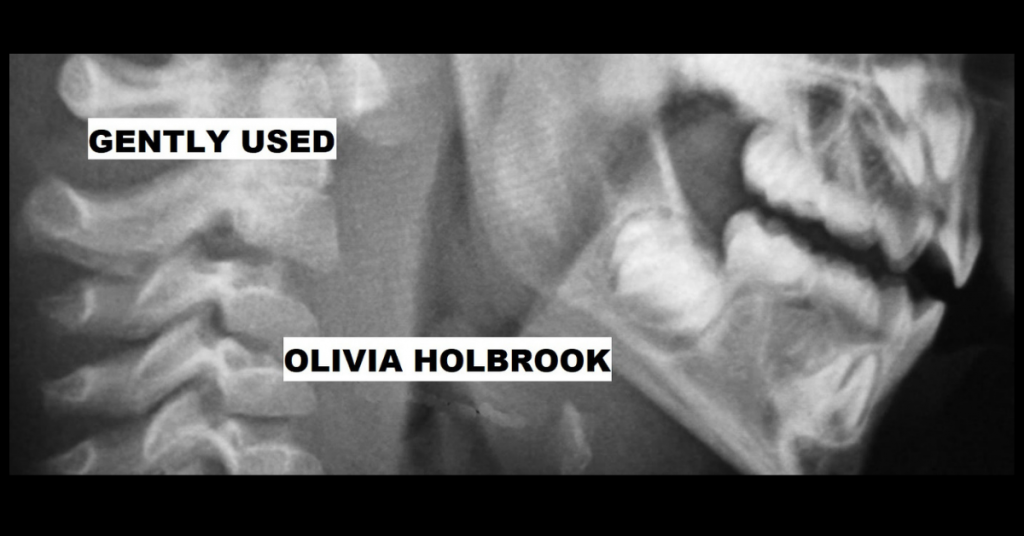
GENTLY USED by Olivia Holbrook
I sit outside on the hard concrete, feeling the cold seep through the fabric against my thighs, then through my skin, then to my bones. I hold the mug in my hands, they’re shaking. The warmth feels like something distant, warming my palms, making them sweat, while the air numbs my knuckles. And fingers. I see the light in the clouds, reflecting off of something that only my dilated pupils can see. It’s morning. But we’re still here, and I’m still seeing the patterns in the sky that are telling my brain, “you just might not make it to that…

